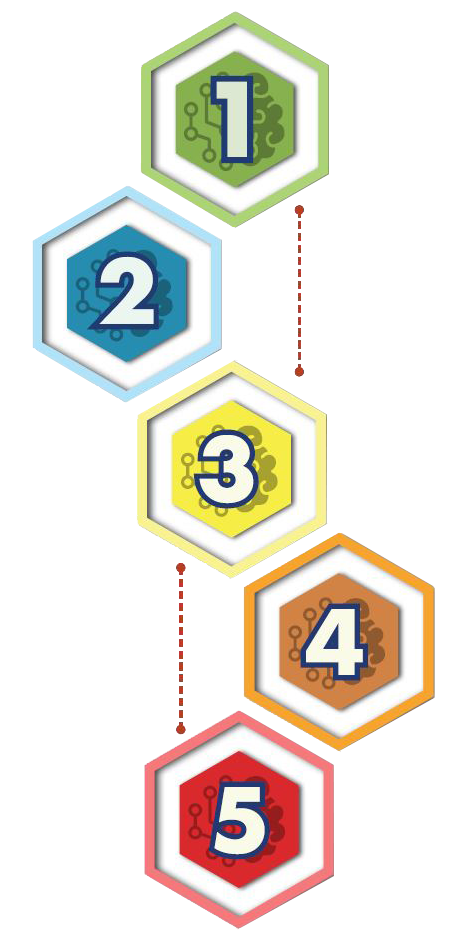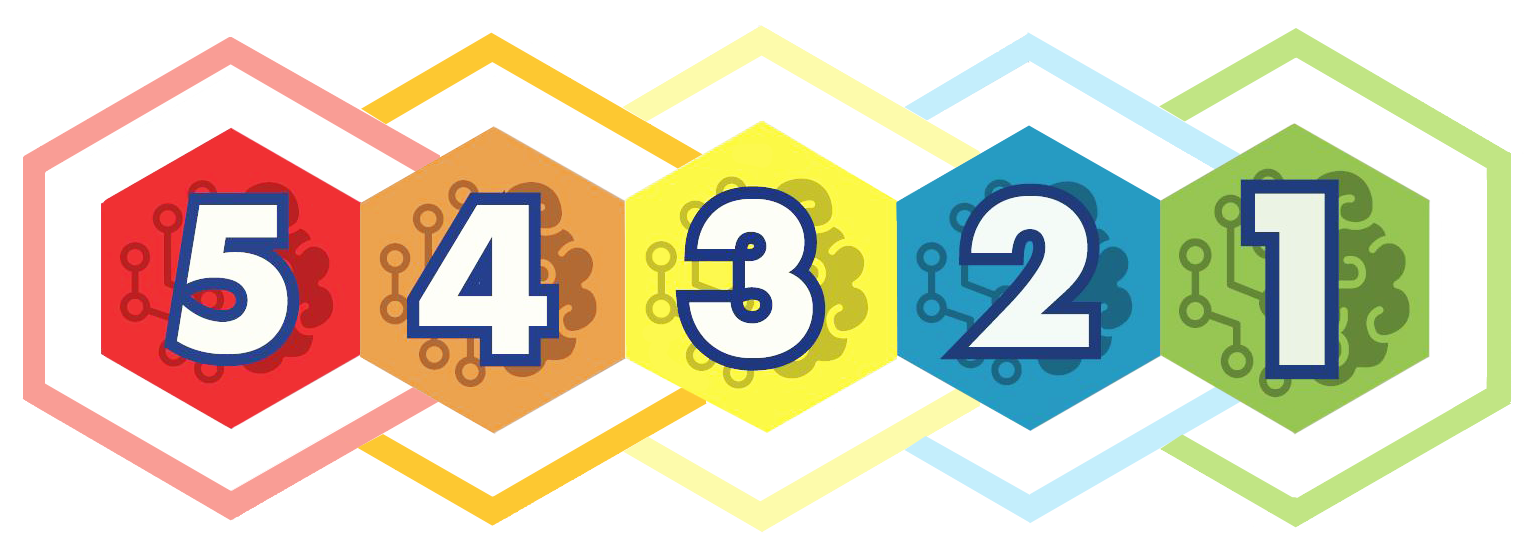Level 5 Case Analysis
A Situational Application: Discussion Post
The situation:
An instructor of one of the introduction to teaching foundations courses within a school of education introduces a video made by a critic of Maslow’s Hierarchy of Needs.
The video summarized: The critic cites the notion that Maslow’s research into the Blackfoot Indian Tribe revealed that his notion of self-actualization was in fact upside down. The Blackfoot saw self-actualization as inherent and at the base of the pyramid rather than at the top. The tribe leaders noted that actualization was the the act of believing one’s ability to constantly strive begins at birth and it’s the community that nourishes this idea.
The assignment: The instructor then opened the assignment to the students. They were to create personalized response based on their own experiences both as a student and thinking as a teacher to the following question: “Is Maslow’s Hierarchy inherent to the human experience or is it a learned construct created by our community culture?”
GAiIT Level (5): The instructor tells the students that their work needs to be their own with out any assistance from Ai.
A student’s response:
Below are two student responses to the discussion post regarding the instructor’s inquiry about Maslow’s
Hierarchy and this philosophical construct being innate to the human experience:
Student 1:
Maslow’s Hierarchy of Needs, in its traditional form, seems more reflective of a learned construct shaped by our
specific community and cultural values. As a student and future teacher, I’ve observed that many of the ideas we have about success and fulfillment are deeply influenced by the environment we grow up in. For example, the emphasis on self-actualization as the pinnacle of achievement seems more prevalent in individualistic cultures where personal goals and achievements are prioritized.
However, in my experience working with diverse groups of students, I’ve seen that some cultures, like the Blackfoot, emphasize community and collective well-being as fundamental. This suggests that what we consider “higher” needs, like self-actualization, might be rooted in communal support from birth rather than a final stage of personal growth.
As a teacher, I’ll need to be mindful that students’ experiences of growth and achievement might not fit into a
singular framework. Encouraging a more holistic and inclusive understanding of development, one that
acknowledges cultural differences, will be key to fostering an environment where all students feel seen and
supported in their individual and collective journeys.
Student 2:
I recall a time when I was in 7th grade where, no matter how much my teachers or community pushed me, I was in no metal or emotional shape to exert any effort into my academic development and my steps toward self-actualization. My entire scholastic career was one academic success after another. I felt like school was so easy, it was like going to camp. My experiences of growth and discovery mimicked those noted by the Blackfoot leaders. School brought no challenge to speak of and should one have arose, I had brilliant parents to help me through any strife or complication. That was until my seventh grade year when my parents broke up and my once stable home was no more. Like all family splits there was a lot of fighting, yelling, and throwing of objects that hand no value now that the love was gone and only rage remained.
The break up of my family materialized my worst nightmare. My once impossibly awesome grades had slide into the gutter. I recall months of math classes where I would listen while sketching miserable hordes of miserable animals that reflected how I felt inside. My math teacher emailed my dad asking him about what might be going on at home. He explained with as much prudence as he could but took responsibility for my immobility in my work. I do not know how to accurately put the filling that consumed me into words, other than when effort was required to become my better self, “I just couldn’t.” No motivation, no energy, no will to want to be better. I think back to times where my dad tried to help me with the scores of missing homework assignments I had. I think at some point he realized that I was just overwhelmed and he just did all the problems himself, perhaps out of guilt.
I don’t recall who it was that noted all humans are emotionally wired the same regardless of culture, race, or upbringing. A smile was a smile and the wails of pain were still horrifying to endure. I fail to see how the Blackfoot Indians could ignore how emotional pain can inhibit any and all will to do what they inherently feel is the first layer of the personal ladder of self-discovery. I didn’t want to discover anything other than how to get rid of the pain. Were broken hearts not part of Blackfoot tribal life? Was this aspect simply not observed by Maslow during his time embedded within the tribal community? I would say, based on my personal experiences with emotionally debilitating events, that self-actualization should be not be at the bottom as the Blackfoot suggest.
Next: Let's discuss the differences between these entries


